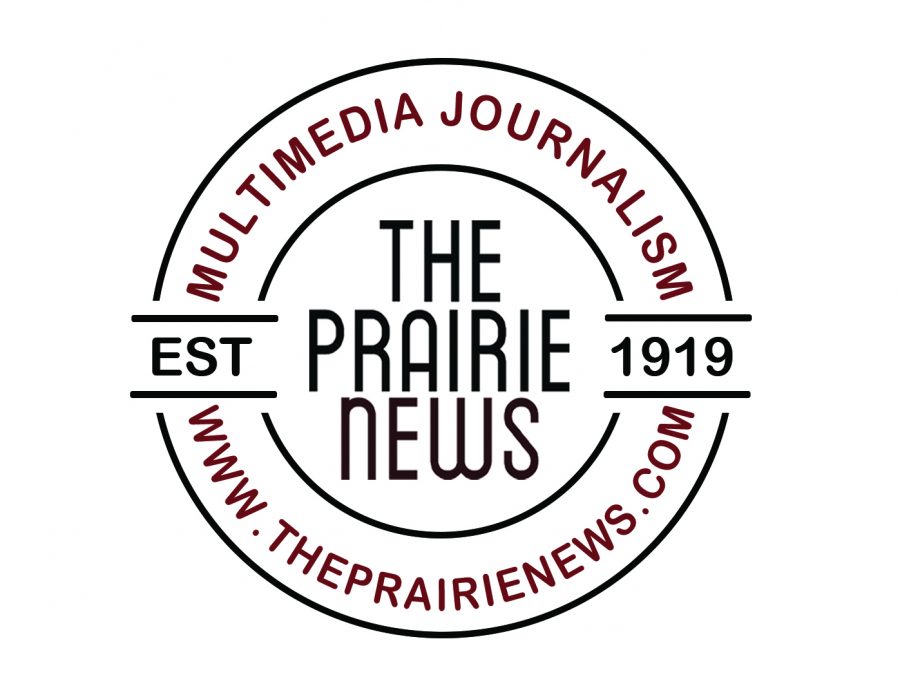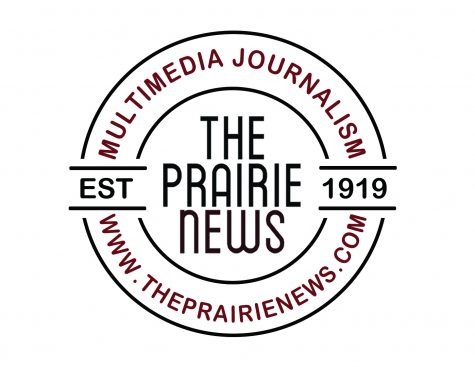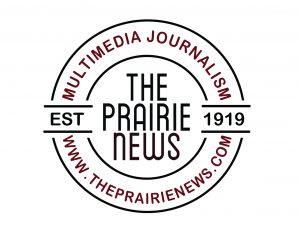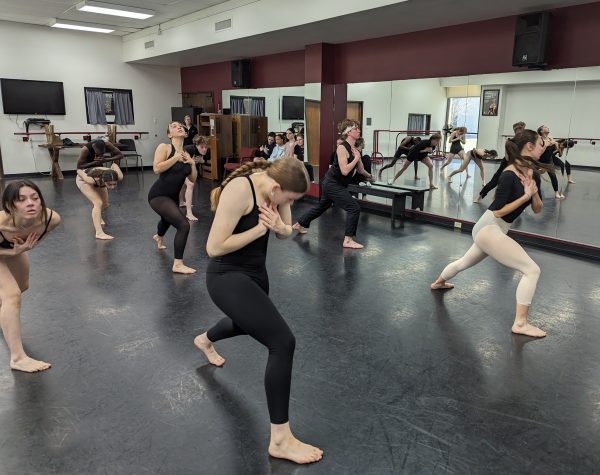This week in American politics: impeachment updates, fundraising, and heart surgery
In the past week, the third fiscal quarter ended on Sept. 30, Senator Bernie Sanders underwent emergency heart surgery, and there were important developments on President Trump’s impeachment inquiry.
Campaign fundraising
The presidential candidates released their third quarter campaign fundraising results this week.
Third and fourth quarter fundraising may be the most important to watch in order to gain an idea of what candidates will be able to continue their campaigns deeper into the election season.
Leading the pack for the Democrats were Sanders and Senator Elizabeth Warren, bringing in $25.3 million and $24.6 million respectively for their third quarter donations.
The fundraising numbers for third quarter show us that Sanders and Warren have pulled far ahead from their second quarter donations, which were reported as $18 million for Sanders and $19.2 million for Warren.
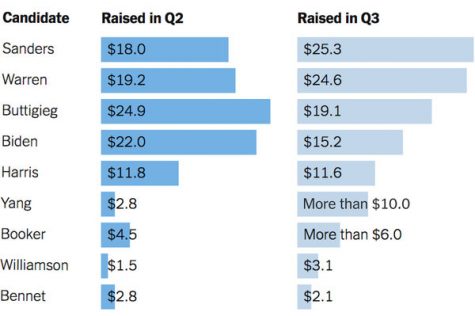
More importantly, these numbers are an indicator of the grassroots movement that makes up the foundation of both candidates’ campaigns; both Sanders and Warren have sworn off large donors and elite fundraising events, yet have managed to draw in millions more than Joe Biden and Pete Buttegieg in third quarter donations, despite the latter pair of candidates actively pursuing large donors. Warren’s average donation was $26, and Sanders’s $18.01, with “teacher” being the most common occupation listed by donors.
In an interview with the New York Times, Democratic strategist Karen Finney states that these numbers prove that there is “strength and power to their ideas that they’re putting forward, and people are engaged.” She argues that any candidate must be aware that progressive ideas that represent big changes are more likely to inspire involvement from potential voters.
Sanders’s heart surgery
On Oct. 2, the Sanders campaign reported that the Senator had been hospitalized at Desert Springs Medical Center in Las Vegas for emergency heart surgery to place two stents for blocked arteries. Shortly after his surgery, Sanders was reported to be in good spirits and holding conversations with visitors.
In a Wednesday afternoon Tweet, Sanders linked his personal experience to one of his most popular campaign themes. “I’m fortunate enough to have good health care and great doctors and nurses helping me to recover,” the Tweet read. “None of us know when a medical emergency might affect us. And no one should fear going bankrupt if it occurs. Medicare for All!”
The campaign indefinitely suspended all events immediately following Sanders’s hospitalization, but later confirmed that he will be attending the Oct. 15 Democratic debate.
Sanders was discharged on Friday and is in good health.
Whistleblower and impeachment inquiry
On Oct. 2, Secretary of State Mike Pompeo admitted his involvement in the July call between Trump and Ukrainian President Volodymyr Zelenskiy. On Sept. 27, three separate House committees subpoenaed Pompeo for documents relating to the phone call. Pompeo stated that the State Department sent the House committees an “initial response” on Saturday, but it is currently unclear what is contained in the response.
China should start an investigation into the Bidens. Because what happened in China is just about as bad as what happened with Ukraine.
— President Donald Trump
Trump added China to the countries that he feels should investigate the Bidens in a statement on Thursday. According to ABC News, this is the latest of unfounded accusations by Trump and his personal attorney Rudy Giuliani that Hunter Biden gained financially from Ukraine and China.
On Oct. 4, Congress sent a subpoena to Acting White House Chief of Staff John Mulvaney requesting that he produce documents relating to the House of Representative’s impeachment inquiry by Oct. 18. This subpoena came after a month of requests to the White House to produce the documents that, according to the subpoena, were never acknowledged.
The subpoena stated that failure to comply will be seen as “evidence of obstruction” of the House’s inquiry, and mentions that Trump stated his plans to notify Speaker of the House Nancy Pelosi that the White House will not cooporate with any inquiries until a vote is done on the House floor. The subpoena notes that this is unconstitutional.
On Oct. 6, ABC News reported that a second whislteblower has spoken with the Inspector General and plans to come forward with first-hand information regarding complaints outlined in the initial whistleblower complaint. If they choose to release corroborating information, Trump’s insistance that the original complaint was “totally inaccurate” will be undercut.
Both whistleblowers are represented by lawyer Mark Zaid, an attorney specializing in national security. Zaid stated to ABC News that both whistleblowers are fully protected under the Whistleblower Protection Act.

I am a senior Public Administration major from Bradenton, FL. I'm passionate about journalism, especially political journalism, and spent my freshman and...



